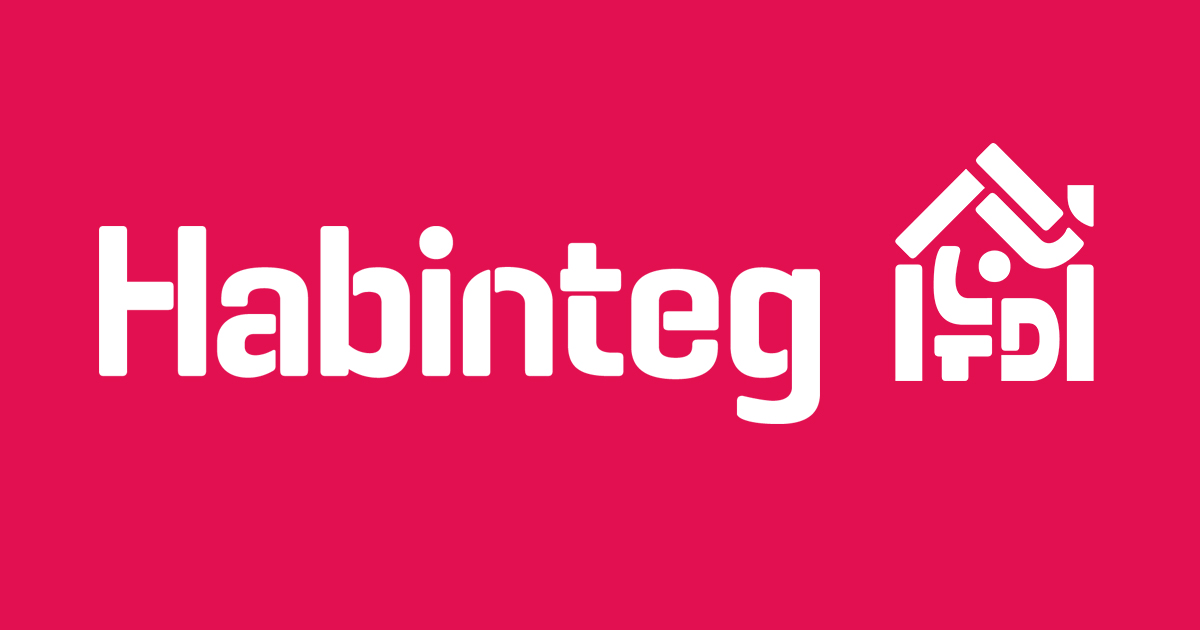
Keith
Redman
Asset4000 Project Accountant
Habinteg Housing Association
Keith talks through his experience of working in interim roles and how the increase of remote working has impacted both his professional career and his personal life.
Can you tell us a bit more about your experience so far?
I am currently on a three-month contract as an Asset4000 Project Accountant at Habinteg Housing Association, with a primary focus on the fixed asset register, using Asset4000. My responsibility is to make improvements to current systems and to document processes so that the incumbent person can continue to develop the role.
I’m really enjoying my current role, particularly as I am very comfortable working with Asset4000, which I have been involved with for the last 10 years. I have been operating in the fixed assets and capital accounting world within social housing since 2006.
This wasn’t necessarily a conscious decision, once you accept similar job roles your name becomes associated with that line of work, and it begins to shape the type of job offers you receive.
Do you think you will continue in this sector now?
Yes I do. Not only do I enjoy the sector, but contracted work also really suits my personal circumstances. I am approaching my last few years of work so looking ahead I don’t necessarily want the commitment of a long-term permanent role. I am very confident in my abilities in the fixed assets and capital accounting field and at this point in my career I am in a position where I can pick and choose.
My wife is Brazilian, and we made a decision to move to Brazil permanently. My employer at the time could have granted me a sabbatical, but they required a return date so I decided to resign and take on contracted roles whereby flying back to Brazil every three to four months would be possible.
How has the rise of remote working impacted you?
Pre-pandemic, the technology for remote working was not in place and fully remote roles were practically unheard of. This meant I was required to return to the UK in order to work.
So, the knock-on effects of the pandemic have been a real blessing in disguise for my professional life. Employers have not only been forced to embrace the necessary technology to make home working possible, but they also realised that it was an efficient and effective way of working. The pandemic demonstrated that workers could be trusted to perform their jobs without supervision and that the work was getting completed regardless of whether employees were in the office or not.
Remote working suits my job perfectly and it doesn’t limit my career options either, as the majority of organisations are onboard with me working outside of the UK. On a personal note, being able to be in Brazil with my wife and keep an eye on our house has given me reassurance and improved my wellbeing.
How easy is it for you to find work?
The strong rapport and relationships that I have built with previous employers and agencies have provided me with a fairly steady flow of work. It also means that I often worked for the same company numerous times.
From an employer point of view, the fact that they know me is a benefit to them. They understand how I operate and that I can be relied upon, but they also know that I have the skillset and knowledge necessary to fulfil the task at hand.
It is a mutually beneficial relationship – why bring an unknown entity into the mix who you will have to spend time and money training, when you could bring in someone who knows the team, the role and can make an immediate impact.
How has the industry changed?
The interim world has really exploded over recent years, particularly as more candidates take the view that there is more to life than work. I think there has been a real shift in the mindset of both employees and organisations, which has driven demand. As a result, there are now a wide variety of roles in the interim market, which means that you have the option to take on shorter contracts but are still able to stay in your preferred sector and pick very similar roles.
What advice would you give individuals who are starting out in finance?
As a rule, I would always advise asking plenty of questions. I've been in finance for 23 years and I'm still asking questions and learning new things. The industry is always evolving so there are always new developments to be aware of, such as changing rules and regulations. Nobody can know everything; even experienced finance managers will still need to ask auditors about the best ways to approach a problem.
I would also recommend beginning your qualifications as early as possible when you are more likely to have fewer commitments and restraints on your time.
